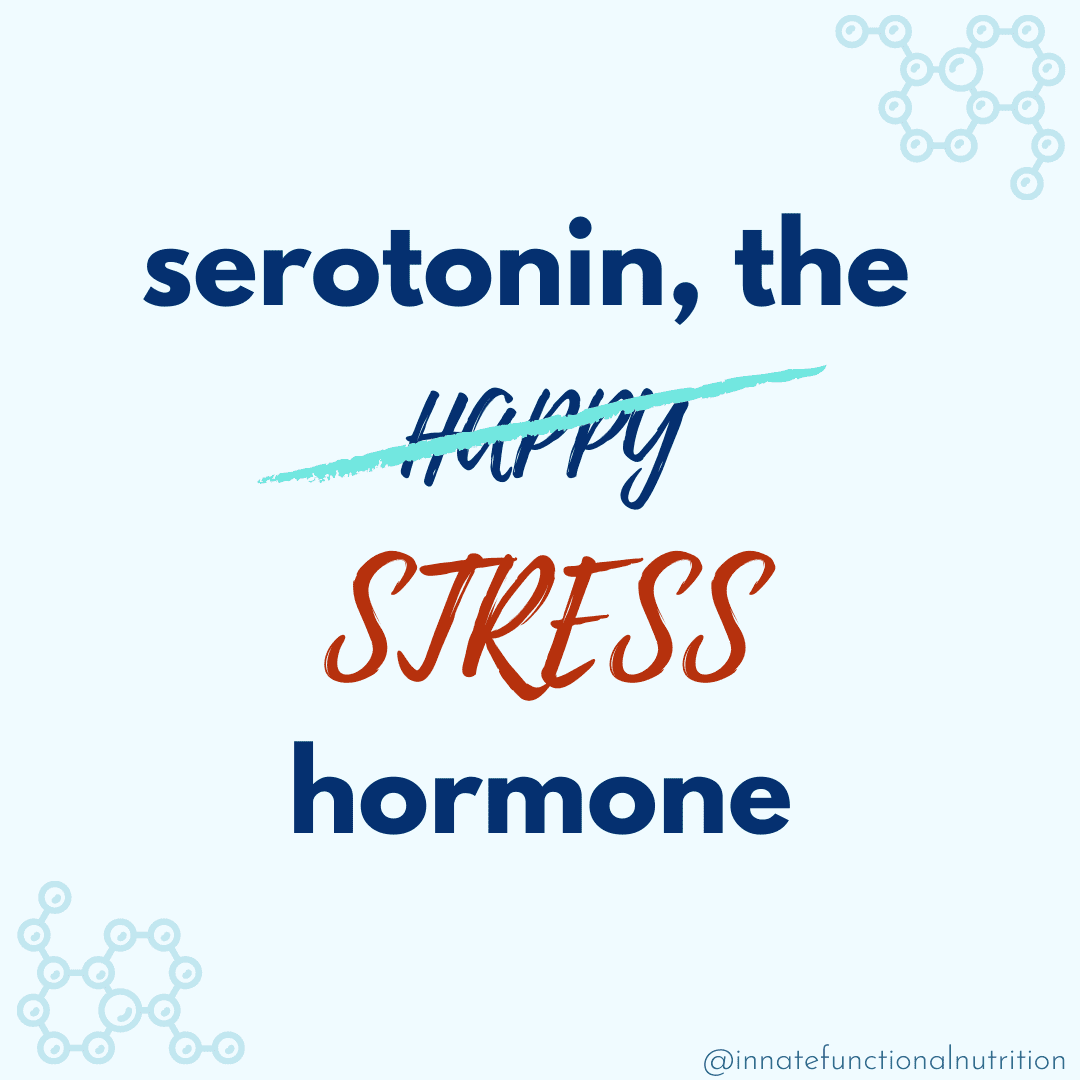- Joined
- Oct 30, 2015
- Messages
- 819
Looking for suggestions to pass on, a one easy to read well referenced article, to someone who'd like to learn about this.
Follow along with the video below to see how to install our site as a web app on your home screen.
Note: This feature may not be available in some browsers.
Click Here if you want to upgrade your account
If you were able to post but cannot do so now, send an email to admin at raypeatforum dot com and include your username and we will fix that right up for you.
Here is a good thread:Looking for suggestions to pass on, a one easy to read well referenced article, to someone who'd like to learn about this.
Here is a good thread:
The Dark Side Of Serotonin Exposed By Haidut In 70 Studies
Below is the commentary of @haidut on 70 studies regarding serotonin. The links lead to the thread where haidut often provides some direct quotes from the study (and of course the links to the actual studies). I hope that with providing this as a whole it aids in learning in effective way about...raypeatforum.com
You can also go on Haidut.me and search for serotonin and you'll find a bunch of stuff.
Also, I wrote an article on it: 60 Best ways to lower Serotonin (2020 update) » MENELITE
That kind of gives the impression that serotonin is all bad.

Um, that's pretty much the thinking around here.